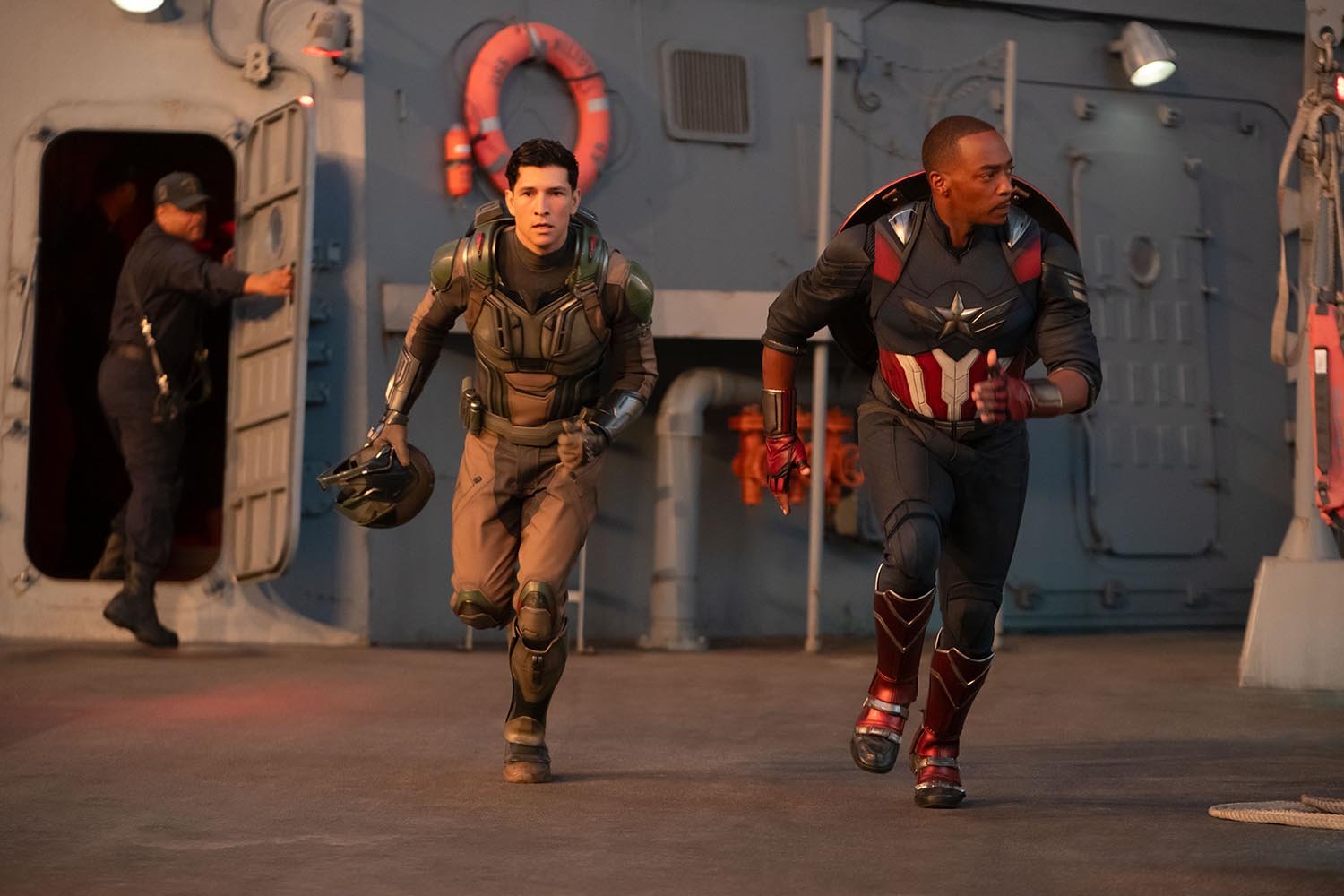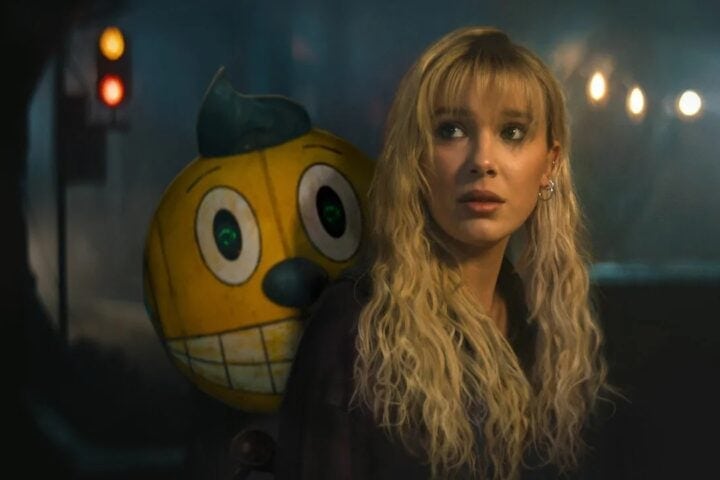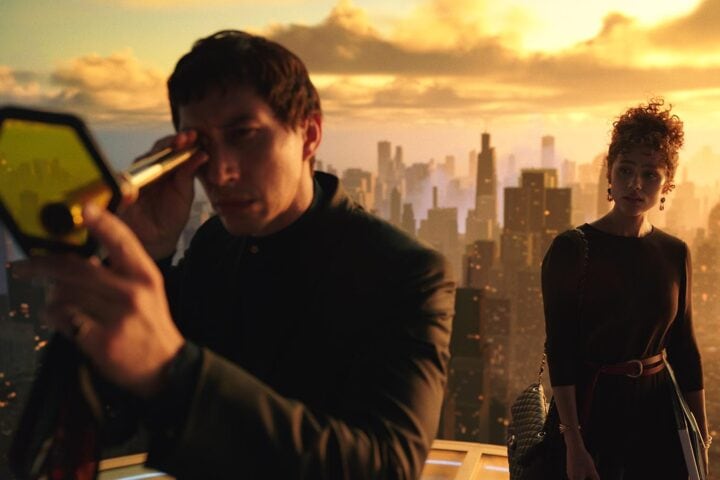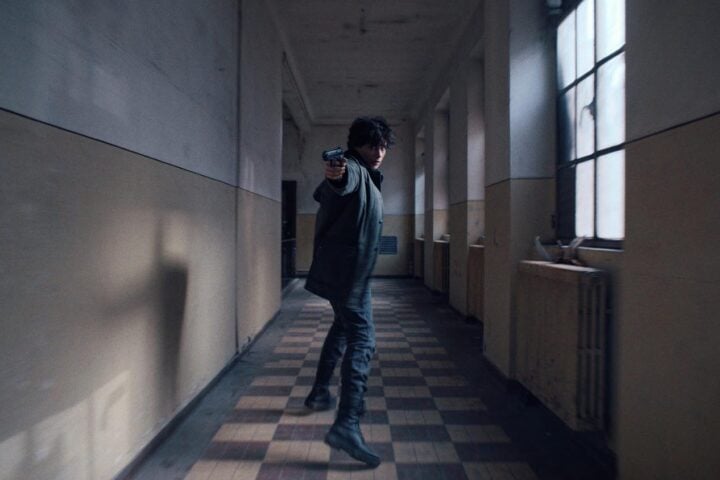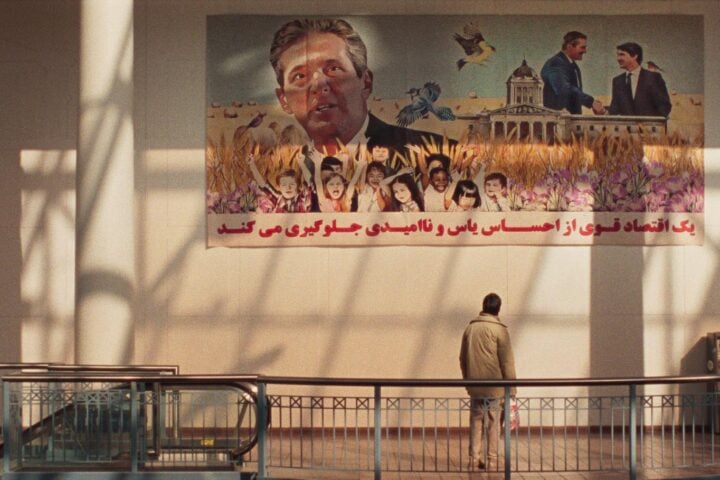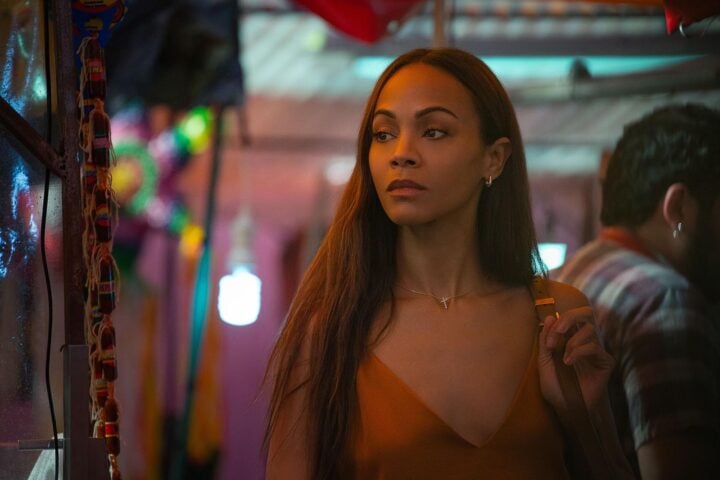The Captain America movies, starting with 2011’s Captain America: The First Avenger, have always been the most consistently political in the Marvel Studios canon, juxtaposing the titular hero’s World War II iconography and earnest patriotism with glimpses behind the curtain of the modern American surveillance state and imperial apparatus. By the same token, they’ve always refrained from fully criticizing these issues as systemic flaws, ultimately seeing immoral or illegal state actions as the handiwork of an individual villain.
The handing off of the Captain America title from a retiring Steve Rogers to the non-genetically enhanced Sam Wilson (Anthony Mackie), though, offered a chance to approach the hero from a new angle, and at its best, Julius Onah’s Captain America: Brave New World is the most thematically rich of the Cap movies to date. Following up the Disney+ series Falcon and the Winter Soldier, the film finds Sam more confident in the role of the new Captain America, adapting to his mortal limitations with the aid of Wakandan vibranium gear and his hand-to-hand fighting flair even as he strives to live up to the inspirational image of his predecessor.
But the push-pull between Captain America’s individualism and the hero’s value as a nationalistic propaganda tool swiftly comes into play with the presidential election of Thaddeus Ross (Harrison Ford, taking over the part from the late William Hurt), the erstwhile general and bane of the Hulk’s existence. Looking to put forward a new image as a peacemaker, Ross wants Sam by his side as he negotiates an international treaty over shared rights to the resources of the Celestial corpse left in the Indian Ocean at the end of The Eternals.
Before Sam can decide whether or not to swallow his pride and work with the man who once imprisoned him, though, an assassination attempt on Ross by sleeper agents throws the country into disarray. As the fallout of this terrorist attack spreads, the film explodes into numerous subplots that rapidly move far apart from one another, necessitating constant leaps between characters and locations that only further disrupt the narrative flow of the proceedings.
Among the individual story threads is the diplomatic impact of the attack on Ross and Sam’s investigation into and attempt to clear one of the assailants, Isaiah Bradley (Carl Lumbly), a long-forgotten “other” super soldier from the Korean War. We also get various dubiously linked tendrils of a larger conspiracy as, all the while, Sam continues to embrace his new role as a leader and as a mentor to a wannabe new Falcon, Joaquin Torres (Danny Ramirez).
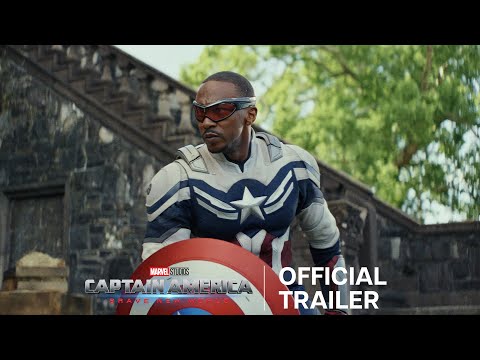
Interspersed among these already ill-fitting moments are cutaways back to Ross watching his grand plan of American soft power spiral into possible hot war with some of our closest allies. These should be the most driving scenes of the film’s middle section, but they quickly lapse into repetitive gestures of Ross growling orders through a clenched jaw to his underlings. Despite its evident aim to be a propulsive paranoid thriller, Brave New World suffers from an inability to build momentum, and even the revelation of the mastermind orchestrating global tensions falls flat from being just another data point among many half-connected developments.
Mercifully, the jaggedness of the dramatic scenes doesn’t extend to the action, which represents some of the most coherently mounted of any Marvel film to date. While the stunts lack some of the complexity of the choreography of, say, Captain America: Winter Soldier, the clarity of motion across the judiciously edited action scenes stands in stark contrast to the work of the frequently incomprehensible action of the Russo brothers’ films. Onah takes care to keep track of where each enemy is in relation to Cap as he fends off multiple attackers with expert close-quarters combat and perfectly aimed tosses of his bouncing shield. Even the later, more effects-heavy sequences of the second half, such as a dogfight between Cap and Falcon and some fighter jets, are cleverly mapped out despite the hairpin midair turns and constant climbs and dives.
Strong, too, are the quieter, more character-driven moments. Mackie was poorly served in his early Marvel appearances, which mostly had him sharing banter with Steve that was occasionally broken up by maudlin exchanges between them. In Brave New World, he gets to double down on Sam’s vulnerability as a means of projecting a relatability that Steve, due to the loftiness bestowed upon him by his metahuman strength, never could. Steve Rogers could lead warriors into battle as a demigod, but Sam inspires others by reminding them that the only difference between them and Captain America is the level of commitment to a cause.
That’s sappy, for sure, but the best Captain America media has always embraced the hero’s Rockwellian roots, even as it makes space for clear-eyed assessments of America’s flaws. Mackie has good chemistry with Ramirez, but the best scenes are between Sam and Isaiah. Where Steve became an instant icon, Isaiah was imprisoned and experimented on by the government he wanted to serve. Brave New World never softens its acknowledgement of the racial disparity that informs how veterans are treated, with Sam considering Isaiah to be not just a friend, but also someone who deserves to help forge a better future for others alongside him.
It’s a shame that the rest of the film doesn’t more cohesively tie together these isolated strong points, and the final act constitutes yet another case of Marvel increasingly spoiling its biggest twists in the marketing out of fear of not attracting the kinds of crowds that they used to. By giving away in trailers and posters that Ross will eventually transform into a Hulk, the potential impact of a character best known for ruthlessly hunting Bruce Banner turning into the very thing he hates and fears is severely lessened. Still, when it clicks, Brave New World offers the strongest action and character work to grace a Marvel movie in some time. The film clearly angles Sam to be the focal point of a new generation of Avengers, and if nothing else, it shows that he’s finally grown enough as a person and a hero to make a worthy leader.
Since 2001, we've brought you uncompromising, candid takes on the world of film, music, television, video games, theater, and more. Independently owned and operated publications like Slant have been hit hard in recent years, but we’re committed to keeping our content free and accessible—meaning no paywalls or fees.
If you like what we do, please consider subscribing to our Patreon or making a donation.

